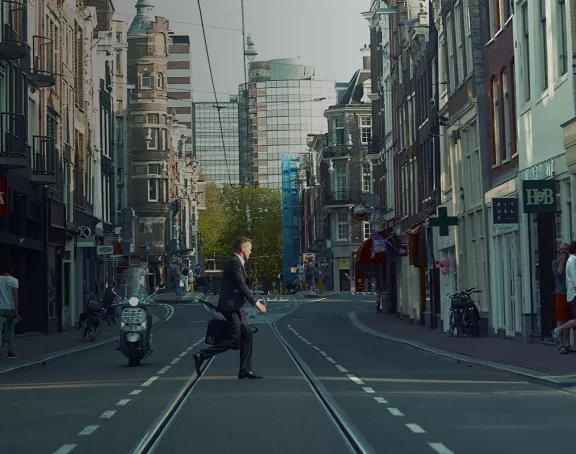European Court of Justice issues landmark ruling on parental liability
On 14 March the European Court of Justice issued a landmark judgment in the Skanska case. In this ruling, the Court of Justice held that parent companies can be held liable for the damage caused by a competition infringement committed by their subsidiary if the parent company (that holds all the shares in the subsidiary) has dissolved the subsidiary but continued its economic activity.
The case stems from an asphalt cartel on the Finnish market between 1994 and 2002. The Finnish competition authority imposed fines on the cartelists in 2004. By that time, one of the cartel participants – Sata-Asfaltti – had been dissolved in voluntary liquidation proceedings and its assets had been acquired by its sole shareholder Skanska, who continued the economic activity of its former subsidiary. Based on the principle of economic continuity, the competition authority fined Skanska for the anticompetitive behaviour of Sata-Asfaltti.
One of the alleged victims of the cartel, Vantaa, subsequently claimed compensation from the companies that had been fined – including Skanska – for the damage it suffered as a result of the cartel. Skanska argued that it could not be held liable for the harm allegedly caused by the anticompetitive behaviour of a legally independent company. In Skanska's view, Vantaa should have brought its claims against the (estate of the) companies that dissolved in the voluntary liquidation proceedings.
The Finnish District Court and Court of Appeal reached different conclusions on the matter. The Finnish Supreme Court then decided to ask several preliminary questions to the Court of Justice:
- is it for EU law or for national Finnish law to determine who is to be liable for the damage caused by an infringement of article 101 TFEU?
- if the answer to the first question is "EU law", should the concept of "undertaking" also apply in private damages proceedings? and
- if the answer is "national law", does the principle of effectiveness require that the parent companies in the case at hand are to be held liable for the damage of their dissolved subsidiaries?
Today the Court of Justice ruled that it is for EU law to determine who is liable for the harm caused by an infringement of article 101 TFEU. According to the Court, Article 101 TFEU requires that a parent company is liable for the damage caused by its subsidiary when –as in this case – the subsidiary has committed the infringement, but has been dissolved while its parent company (that held all the shares in the subsidiary) continued its economic activity.
In its reasoning, the Court of Justice underlines that the right to claim damages is an integral part of the enforcement of EU competition law, which is a system that aims to deter companies from engaging in such conduct. If a company could escape liability by means of corporate or legal restructuring, the objectives pursued by the enforcement of EU competition law would be compromised. Therefore, the notion of 'undertaking' should have the same meaning and scope in the context of the imposition fines by the EU Commission as in the context of private damage claims for the violation of EU competition rules. In the situation at hand, that means that Skanska assumed the liability of its former subsidiary Sata-Asfaltti for the damage caused by the cartel when it continued its economic activities.
Today's judgment is a clear boost for claimants who wish to hold parent companies liable for a competition infringement committed by their subsidiaries. However, at least one important question remains. Skanska concerned a case in which the competition authority fined the parent company for the anticompetitive conduct of its subsidiary. That same parent company – Skanska – is now also liable in a private action for damages concerning that conduct. Thus, in terms of the entities who are liable, it would appear that liability for competition law fines and civil liability for damages run parallel. This begs the question what happens in cases in which the European Commission does not address its infringement decision to all legal entities that could (theoretically) be said to be part of the same 'undertaking'. Will the findings of the Commission be determinative for the imposition of civil liability on the relevant legal entities, or does it remain open to a civil claimant to argue that a non-addressee of the Commission decision is (also) liable for the conduct described in the infringement decision? In the Martinair case, the General Court considered that there is no room for civil courts in the Member States to diverge from the (final) findings of the Commission, also "as regards the liability or non-liability of persons investigated in relation to the conduct at issue". Today's judgment in Skanska appears to support that view, as the Court of Justice specifically notes that the concept of an undertaking "cannot have a different scope with regard to the imposition of fines by the Commission [..] as compared with actions for damages for infringement of EU competition rules".

